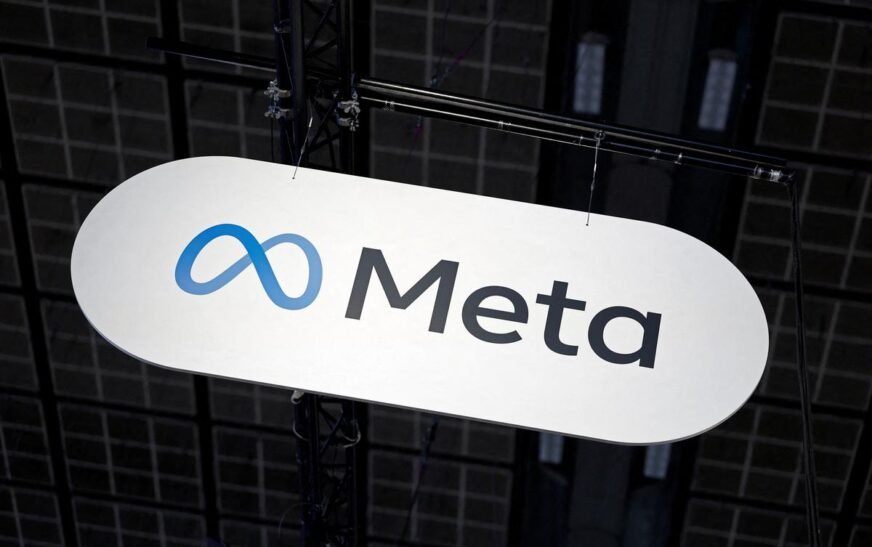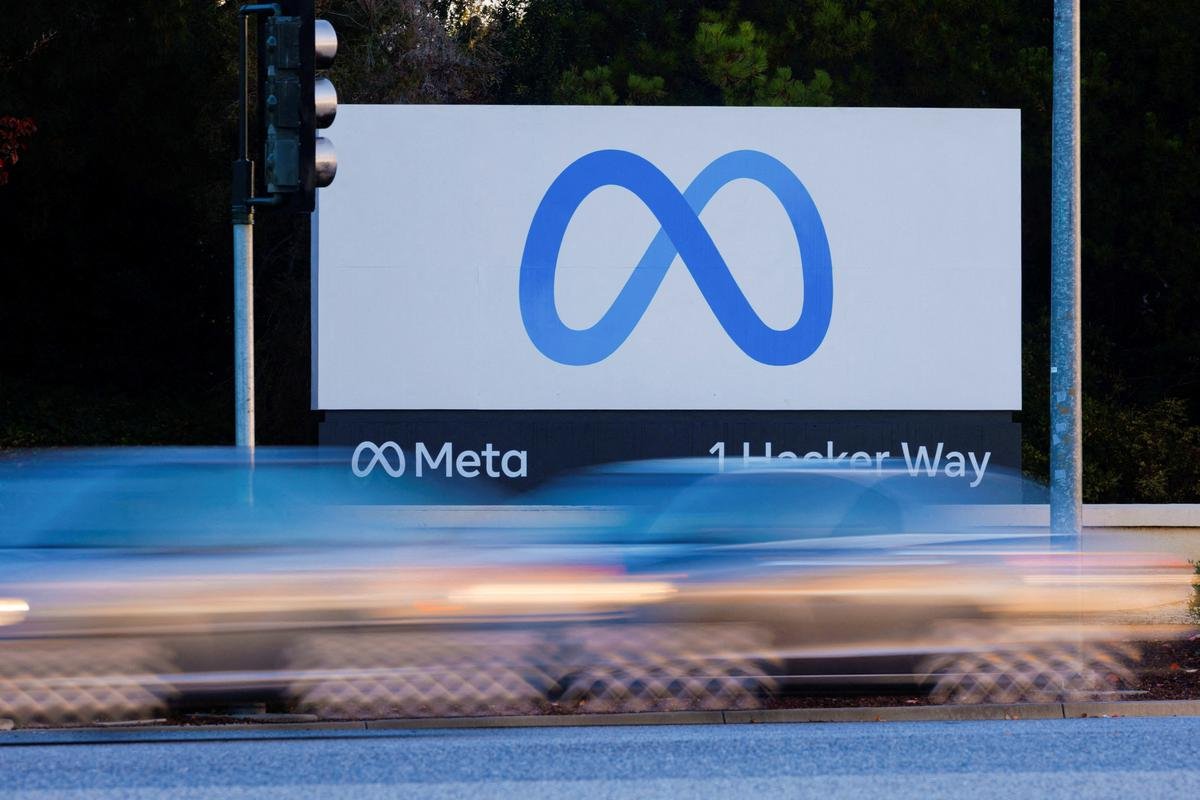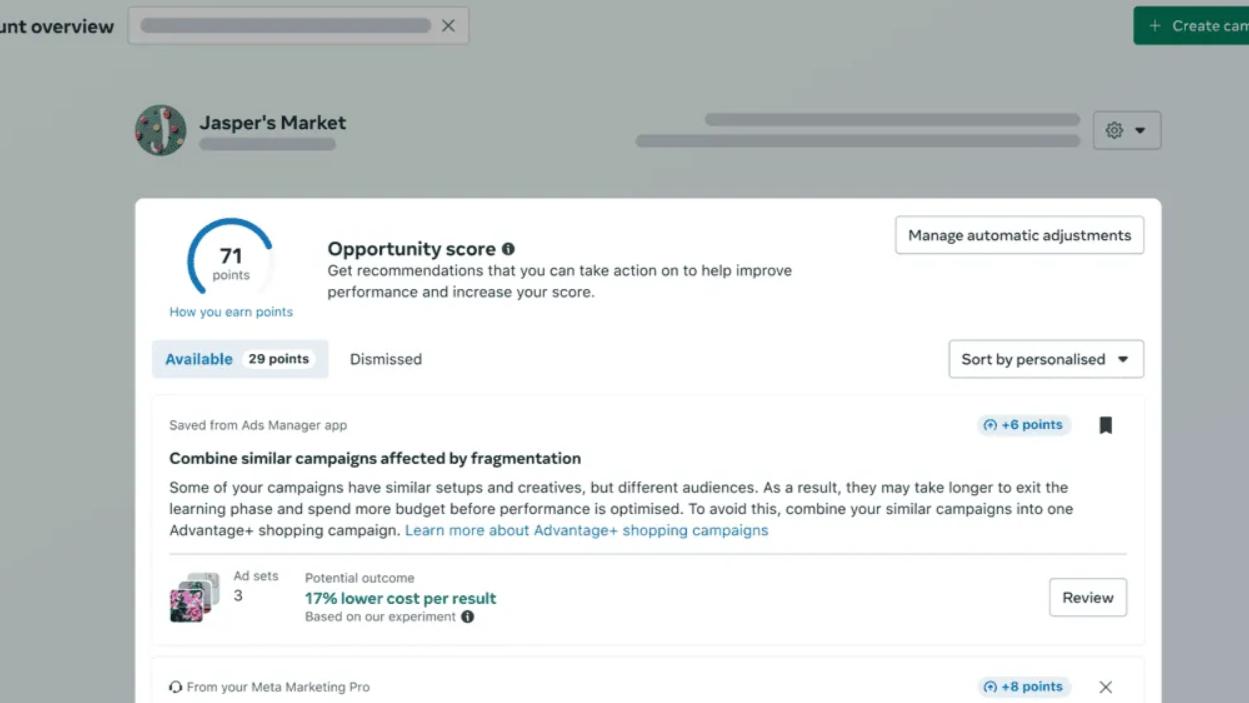Meta has announced a striking 75% weekly decline in enforcement mistakes in the United States as part of its Q2 2025 Community Standards Enforcement Report. This figure follows an earlier report of a 50% reduction in Q1, signaling a consistent improvement in the company’s approach to content moderation.
The update marks a turning point for Meta, which has faced long-standing criticism for wrongful takedowns, over-enforcement, and free speech concerns.
What Led to This Improvement?
1. Strategic Policy Overhaul
In early 2025, Meta shifted its enforcement priorities. Instead of spreading resources thin across all rule violations, the company began focusing heavily on high-severity cases—including child exploitation, terrorism, drug-related content, and fraudulent activity. By scaling back on lower-level infractions, Meta reduced unnecessary mistakes.
2. Enhanced Systems and Guidance
Meta refined its internal enforcement guidance and updated measurement methods. These changes improved the accuracy of decisions, especially those made by automated systems. The company claims this is a major factor behind the sharp decline in mistakes.
3. Progress Over Time
- Q1 2025: About 50% reduction in weekly enforcement mistakes.
- Q2 2025: More than 75% decline on a weekly basis.
This shows steady, measurable progress in just two quarters.
Impacts of the Reduction
Improved User Experience
Fewer wrongful takedowns mean fewer cases of content being removed unfairly. This reduces frustration for users and builds more trust in Meta’s platforms.
Better Balance Between Safety and Free Speech
By targeting high-severity violations, Meta allows more space for open discussion on sensitive topics while still tackling harmful content effectively.
Stability and Trust in Moderation
The reduction in enforcement mistakes demonstrates Meta’s effort to build credibility around its moderation systems, an area where the company has historically been under heavy scrutiny.
Critics’ Concerns
While Meta’s numbers show progress, advocacy groups and watchdogs have raised concerns that reducing enforcement in some areas could lead to more harmful content staying online.
For example:
- Some argue that hate speech and harassment may rise if proactive enforcement is scaled back.
- Others worry that narrowing definitions of harmful content could leave gaps in protection.
Meta, however, insists that high-severity content remains a top priority and that its enforcement accuracy has improved without compromising user safety.
SEO Keywords and Anchor Phrases
Here are SEO-rich keywords naturally embedded in the blog:
- Meta enforcement mistakes decline
- Meta transparency report 2025
- Content moderation improvements
- Facebook and Instagram enforcement
- Meta high-severity violation focus
These keywords align with current search trends and increase the blog’s chances of ranking for relevant queries.
Summary Table
| Area | Insight |
|---|---|
| Enforcement Mistakes in U.S. | 50% reduction in Q1 2025 → 75%+ weekly reduction in Q2 2025 |
| Policy Shift | Stronger focus on high-severity violations |
| Benefits | Fewer wrongful removals, better user trust, improved transparency |
| Criticisms | Concerns about hate speech and harassment slipping through |
Final Thoughts
Meta’s 75% weekly reduction in enforcement mistakes is a clear sign of progress in the ongoing struggle to balance free expression and safety. The company’s decision to prioritize severe violations while cutting back on over-enforcement seems to be paying off.
The challenge now is maintaining this improvement without opening the door to harmful content. If Meta can strike that balance, its platforms may finally move toward a more transparent, trustworthy, and user-friendly moderation system.













